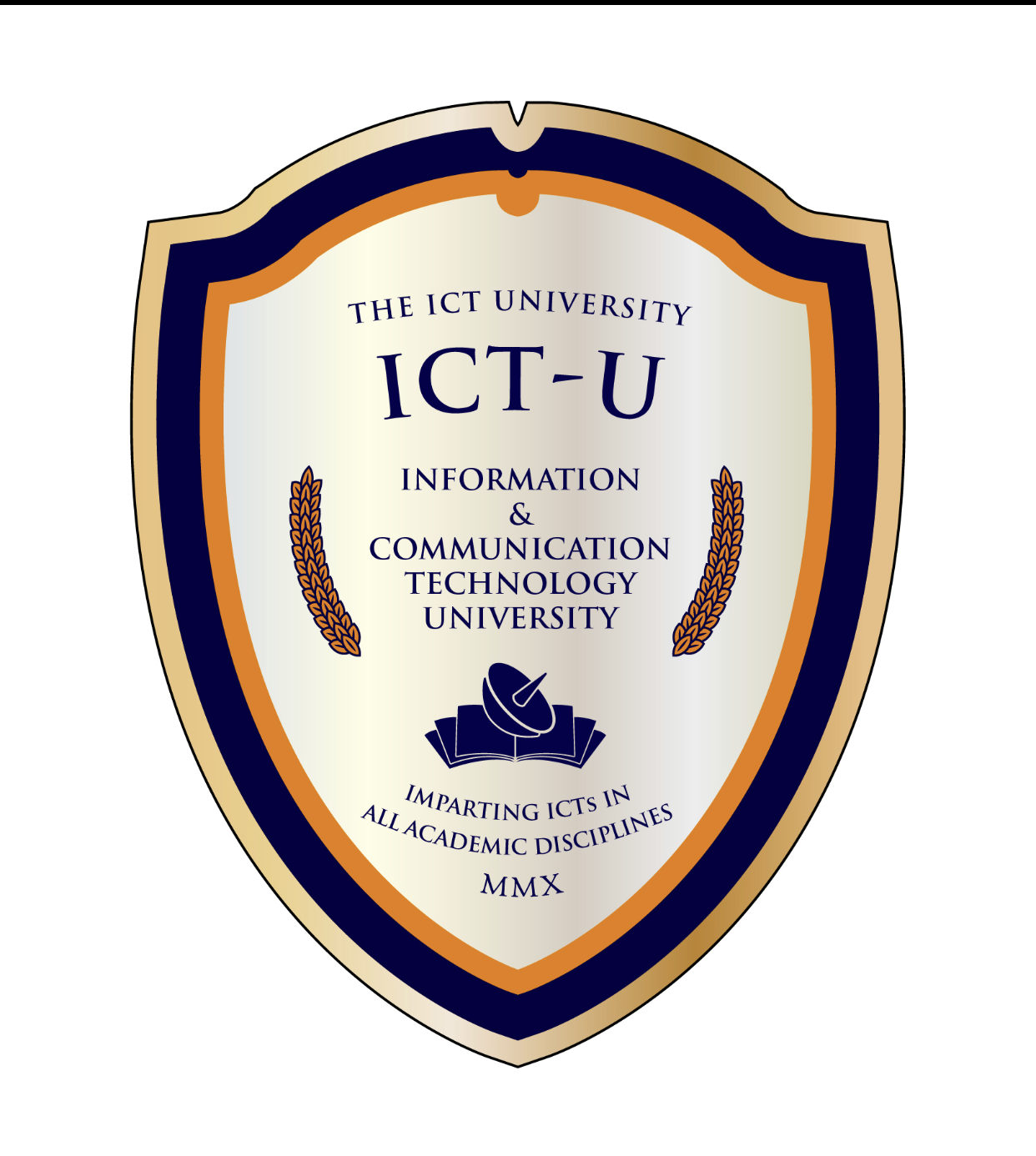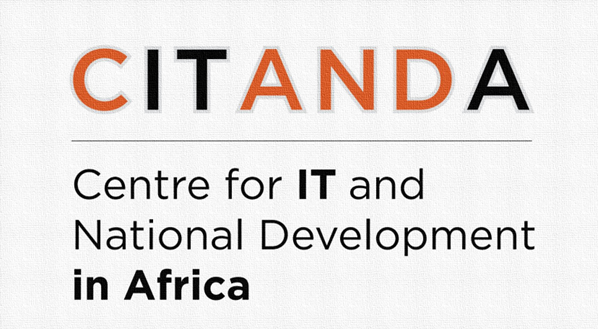Special Issue: Rapid Digital Innovation and African Coping
Introduction
The African Journal of Information Systems is pleased to present three papers that emanate from the 2023 (9th) edition of the African Conference on Information Systems & Technology (ACIST).
The 2023 ACIST conference theme, Rapid Digital Innovation and African Coping, is a reference to rapid digital innovations which Africa and the world at large have experienced since the 1990s. Pressing issues relate to African coping in key battlegrounds such as governance, culture, language, education, ethics, law, development, medicine, academia, economics, and agriculture – how are we coping and how should we be coping?
After acceptance in ACIST, ten papers were invited for submission to AJIS, subject to further refinement and development. Submitted papers went through another rigorous double-blind review with AJIS, of which three papers have been selected for this special issue.
Selected Papers
Navigating artificial intelligence governance: Insights from South African Higher Education IT decision-makers
In this paper, Mangundu shows that while “AI components are widely used in higher education information systems…these higher education institutions were not in any way prepared for AI governance. The paper recommends that risks associated with AI and learning should be acknowledged and countered" in accordance with "established AI regulatory systems".
Internet of Things devices users’ privacy adherence: A case of digital ignorance, akrasia or exhaustion?
Bazanye, Uys, and Chigona find that IoT device users’ adherence to privacy standards “is influenced mostly by consequentialism. Secondly, end-users strive to gain more knowledge about their IoT devices and to develop their confidence in the devices (virtue ethics). Lastly, compliance with policies and procedures (deontological) is the least likely influence of user adherence.”
Documenting blended learning resilience during infrastructure deficiencies
Makwasha, Mubango, and Takavarasha find that “synchronous blended learning, supported by a learning management system, allows content to be downloaded for offline study and hence may be adopted in universities with limited information and communications technology (ICT) infrastructure. The study adds to the narratives on blended learning implementation in countries with developing economies.”
Articles
Navigating Artificial Intelligence Governance: Insights from South African Higher Education IT Decision-Makers
John Mangundu
Internet of Things Devices Users’ Privacy Adherence: A Case of Digital Ignorance, Akrasia or Exhaustion?
Philip Bazanye, Walter F. Uys, and Wallace Chigona
Documenting Blended Learning Resilience During Infrastructure Deficiencies
Lucia Makwasha, Hazel Mubango, and Sam Takavarasha Jnr


